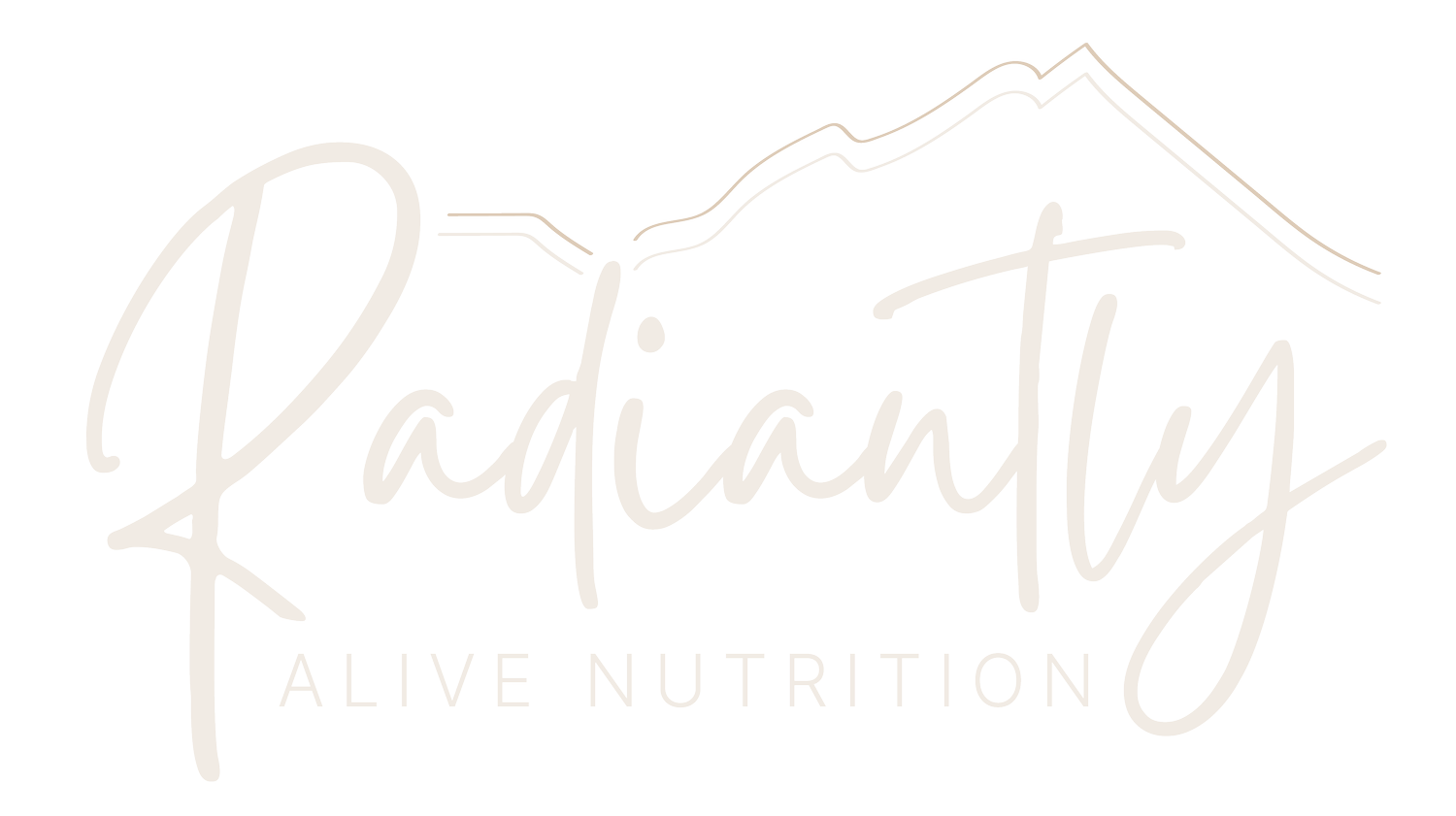Bitters For Gut Health
Did you know that taste can influence our digestion and gut health? We have five tastes: sweet, salty, bitter, sour, and savory (umami). These taste receptors are located not only on the tongue but also throughout the entire body including (but not limited to) the entire GI tract, as well as the immune system, heart and even the brain.
Bitter plant compounds, are most often used to support digestion. In fact, they have been used for centuries to relieve common gut symptoms such as indigestion, bloating, and feeling full fast. Interestingly, research has found that we have 25 different bitter receptors each stimulated by different bitter compounds. These receptors are also found in the stomach, and once stimulated, support stomach acid production.
Bitter herbs like dandelion, gentian root and angelica and greens such as radicchio, chicory, endive, kale, arugula, citrus (especially citrus peels), rhubarb, and caffeinated beverages like coffee, green and black tea,— are traditionally used to improve digestion, relieve gas and bloating—work by triggering receptors in the digestive tract, stimulating stomach acids and enzymes needed to break down food.
Astringent flavors also stimulate peristalsis—the wavelike motion of the digestive system that moves food through the intestinal tract. Some also support beneficial gut bacteria and promote microbiome balance. And by amping up digestive juices and improving gut health, bitter flavors also enhance nutrient absorption
Why is this important? For good gut health, we need proper stomach acid secretion. Stomach acid is essential to help us break down and digest our food (especially protein) and acts as a barrier for incoming bacteria either via our food or oral cavity. Stomach acid also triggers the release of bile from the gallbladder and triggers the release of digestive enzymes from the pancreas. Therefore, stomach acid is essential for optimal digestion.
Furthermore, bitter compounds are also found in the duodenum (first part of the small intestine), and directly stimulate the release of cholecystokinin (CCK). CCK is a hormone which stimulates the release of bile from the gallbladder and the release of digestive enzymes from the pancreas. Bile is essential for the absorption of fats and fat soluble vitamins A, E, D, K and digestive enzymes are essential to break down all of our food into small enough particles for easy absorption.
If you are motivated to increase your bitter foods for improved digestion, see a few ideas below. There are many options that can help boost your daily bitter intake.
Make endive boats as an appetizer.
Mix in chicory greens into your salad greens.
Try sauteed radicchio in a pasta dish.
Make a rhubarb compote and mix into yogurt or top on pancakes
Add lemon zest to salad dressing or mix into steamed rice for aroma.
Top your pizza with arugula after baking.
Add a splash of grapefruit juice to your water.
Make a citrus and avocado salad.
Other than bitter foods, bitter herbs found in concentrated tinctures can be helpful for more immediate relief. I suggest taking the bitters directly into the mouth and then holding the bitters in your mouth for at least 15 seconds before swallowing. This is typically done before meals to stimulate your stomach acid. I often recommend one of the following:
Iberogast: 20 drops with meals or 60 drops before bed
Urban Moonshine Original Bitters: 1 dropperful before meals
Urban Moonshine Calm Tummy Bitters: (safe for pregnant mamas)
Swedish Bitters: 1 tsp before meals

